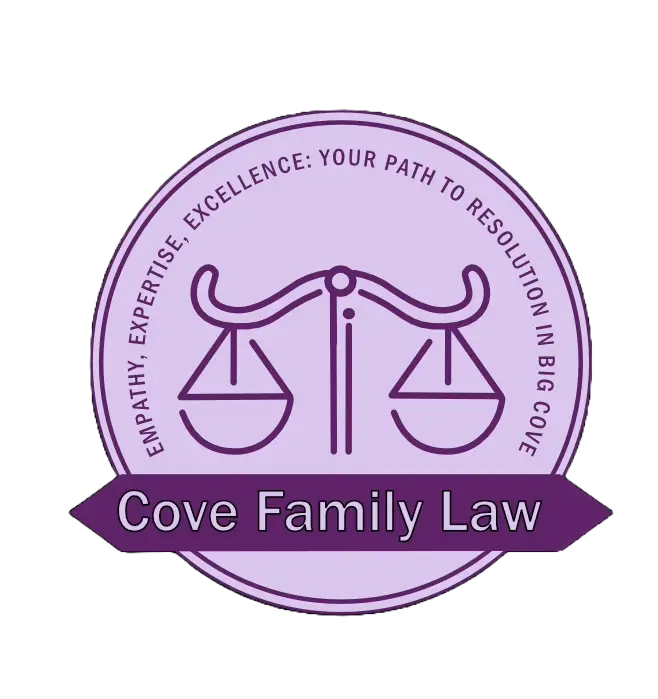As family dynamics continue to evolve, grandparents increasingly find themselves navigating complex legal waters regarding their rights to maintain relationships with their grandchildren. Whether due to divorce, family disputes, or other circumstances, understanding the legal framework surrounding grandparents’ rights is crucial for both grandparents and parents alike.
Understanding the Legal Foundation
The Alabama Grandparent Visitation Act (Ala. Code § 30-3-4.2) establishes the framework for grandparents’ rights in our state. This law reflects both changing family dynamics and constitutional considerations regarding parental rights.
The Constitutional Context
The U.S. Supreme Court case Troxel v. Granville (530 U.S. 57, 2000) dramatically impacted grandparents’ rights nationwide by reinforcing parents’ fundamental right to make decisions about their children. Alabama courts must balance this constitutional principle with the state’s interest in protecting children’s relationships with their grandparents.
Common Myths vs. Legal Reality
Fiction: Grandparents automatically have a legal right to see their grandchildren
Fact: Parents have a fundamental constitutional right to make decisions regarding their children’s care, custody, and control. The Alabama Supreme Court has consistently upheld this principle and case law is constantly tightening down on the situations where a grandparent can gain visitation over a parent’s objections.
Fiction: If parents deny visitation, grandparents have no legal recourse
Fact: While challenging, Alabama Code § 30-3-4.2 provides specific circumstances under which grandparents can petition for visitation rights, including:
- Death of either parent
- Divorce or pending divorce of parents
- Parent abandonment
- Parents living separately
- Termination of parental rights
Fiction: Grandparents can only seek visitation during divorce proceedings
Fact: The Alabama Grandparent Visitation Act allows standalone petitions for visitation, separate from other family court proceedings. However, timing can be crucial, and different procedural rules may apply depending on whether other family court matters are pending.
The Legal Standard for Obtaining Visitation Rights
Under Ala. Code § 30-3-4.2(c), grandparents must prove several elements by clear and convincing evidence:
- A Qualifying Relationship:
- A substantial relationship existed previously
- The grandparent has made reasonable efforts to maintain the relationship
- The parent or parents have unreasonably restricted the relationship
- Harm to the Child:
- The child would suffer substantial harm if the relationship is terminated
- The grandparent can give the child love, affection, and guidance
- Best Interests Analysis:
- The court must find that visitation serves the best interests of the child
- Factors considered include:
- The child’s preference (if age-appropriate)
- The grandparent’s physical and mental health
- The quality of past interactions
- The child’s needs and impact on their daily routine
Evidence That Strengthens Your Case
Courts look favorably on documentation showing:
- Regular involvement in the child’s life
- Attendance at school or extracurricular events
- Holiday celebrations and family traditions
- Financial support or gifts
- Text messages, emails, or cards showing ongoing communication
- Photos and videos of interactions
- Witness statements from teachers, counselors, or other family members
Strategic Considerations Before Filing
Alternative Dispute Resolution
Before pursuing litigation, consider:
- Family mediation with a certified mediator
- Collaborative law approaches
- Family therapy or counseling
- Written visitation agreements
Documentation Requirements
Maintain detailed records of:
- All attempts to contact the grandchild
- Gifts and financial support provided
- Previous visitation patterns
- Communication with parents
- Reasons given for denying access
Practical Tips for Success
- Maintain Respectful Communication:
- Document all interactions with parents
- Avoid hostile or threatening language
- Keep the focus on the child’s well-being
- Build Your Case:
- Gather evidence systematically
- Identify potential witnesses
- Consider expert testimony if needed
- Consider Costs:
- Legal fees and court costs
- Potential guardian ad litem fees
- Expert witness fees if needed
Moving Forward
Successfully navigating grandparents’ rights in Alabama requires:
- Understanding the legal framework
- Gathering compelling evidence
- Following proper procedures
- Working with experienced legal counsel
Every family situation presents unique challenges and opportunities. Consulting with a qualified family law attorney can help you understand your options and develop an effective strategy if you’re facing issues regarding grandparent visitation rights.


